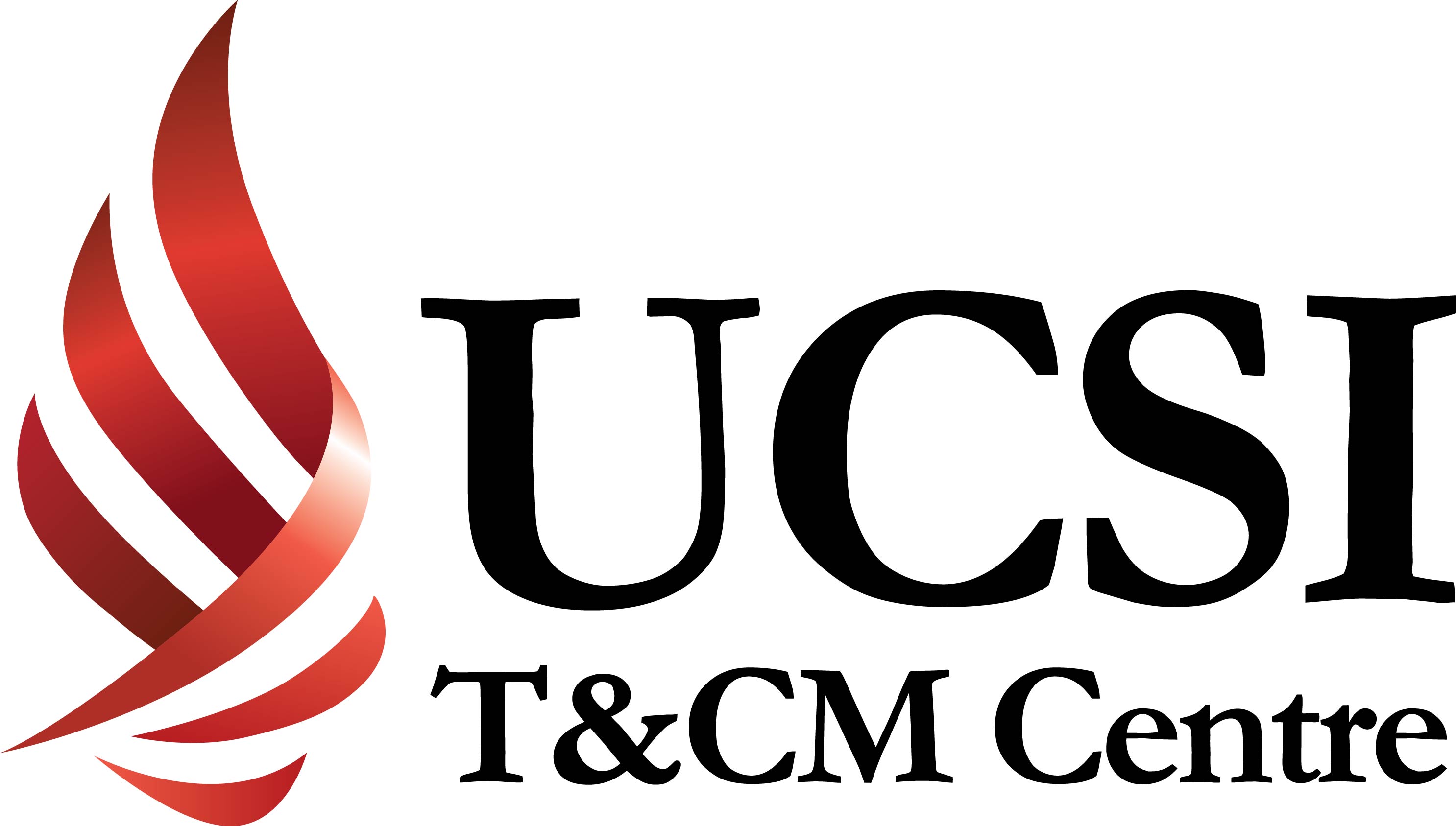
HERBAL MEDICINE TREATMENT AT T&CM CENTER
Herbal medicine, an integral facet of Traditional Chinese Medicine (TCM), embodies a unique class of therapeutics with applications in disease prevention and treatment. This category primarily encompasses plant-based remedies derived from roots, stems, leaves, and fruits, as well as minerals. Given their prevalence in TCM, these remedies are often referred to as Chinese herbal medicine, spanning around 5,000 types and forming countless formulations. This accumulated knowledge has evolved over millennia, shaping the field of Materia Medica.
Central to Chinese herbal medicine are the concepts of "Four Qi" and "Five Flavors."
"Four Qi" alludes to the inherent properties of :
- Cold
- Heat
- Warmth
- Coolness
"Five Flavors" encompass the tastes of
- Pungent
- Sour
- Sweet
- Bitter
- Salty
According to TCM principles, disease emergence is linked to pathogenic factors affecting the body, disrupting Yin and Yang balance, and disturbing organ and meridian functions. Chinese herbal medicine plays a vital role in preventing and treating diseases by expelling pathogens, addressing root causes, harmonizing organ functions, and restoring Yin-Yang balance. This philosophy posits that both humans and nature arise from universal Qi, with humans embodying the entirety of this essence and plants representing a partial manifestation. Illness signifies a deviation from the individual's Qi equilibrium, thus requiring medicinal substances with distinct Qi attributes to rectify imbalances.
Chinese herbs exhibit inherent characteristics primarily in two aspects: "Qi" and "Flavor." "Qi" represents the four qualities—cold, heat, warmth, and coolness—collectively referred to as the "Four Natures." For instance, peppermint imparts cooling sensations due to its cool Qi, while ginger radiates warmth, reflecting its warm Qi. Physician Xu Lingtai of the Qing Dynasty succinctly stated, "to utilize medicines, one must leverage their Qi or Flavor […] using their prevailing attributes to correct imbalances enables us to harmonize organs, delve into underlying principles, and achieve desired results."
When internal and external factors disrupt equilibrium, diseases can emerge, affecting the balance between heat production and dissipation. The Four Qi in Chinese herbal medicine serves to address imbalances of heat and cold in diseases. Cold herbs suppress metabolism, slow organ activity, and reduce blood circulation—ideal for treating heat-related disorders. Warm herbs, on the other hand, boost metabolism, enhance organ activity, and increase blood circulation—suitable for cold-related disorders.
Chinese herbal medicine's effectiveness lies in its use of the Four Qi to treat heat and cold imbalances. By leveraging these attributes, Chinese herbal medicine restores the body's harmony and optimizes therapeutic outcomes, offering a holistic approach to health rooted in TCM's philosophy of balance and individualized care.

